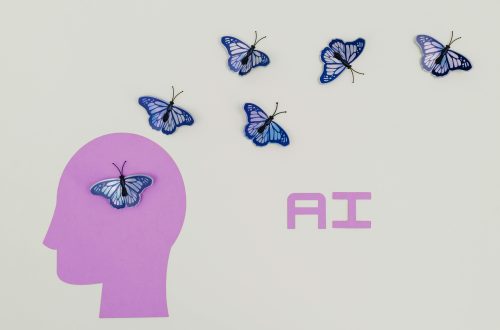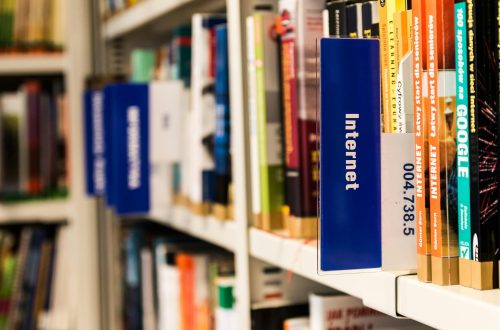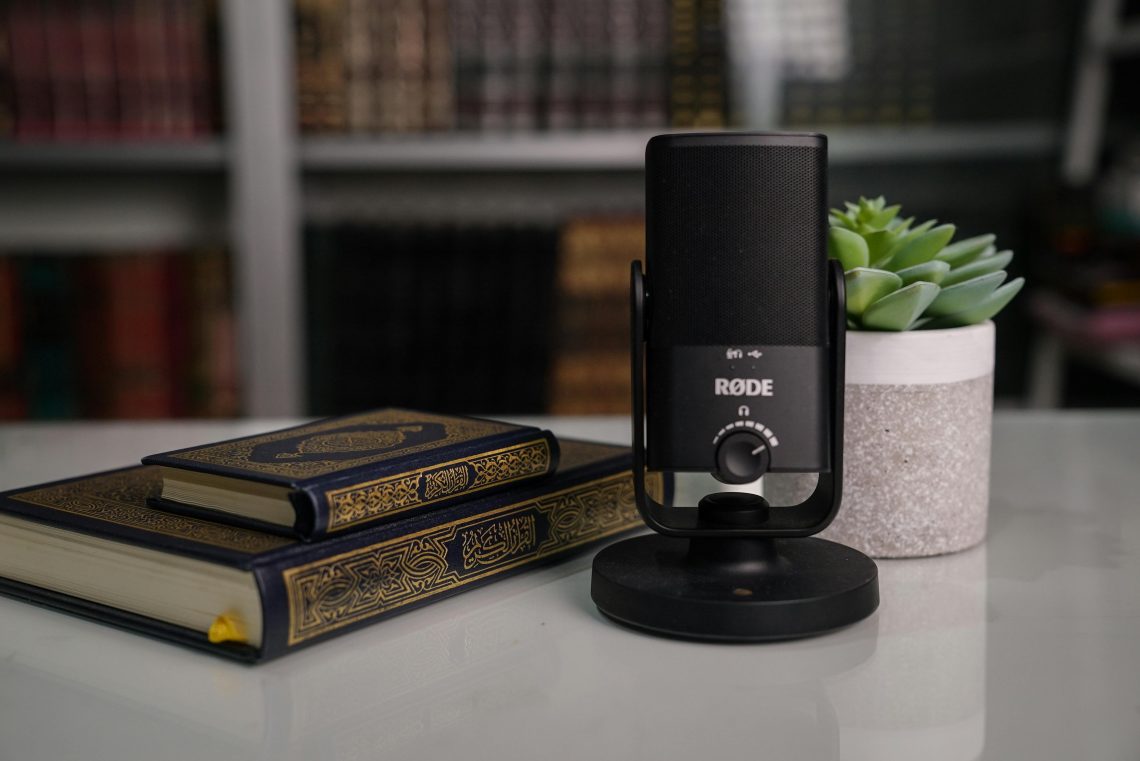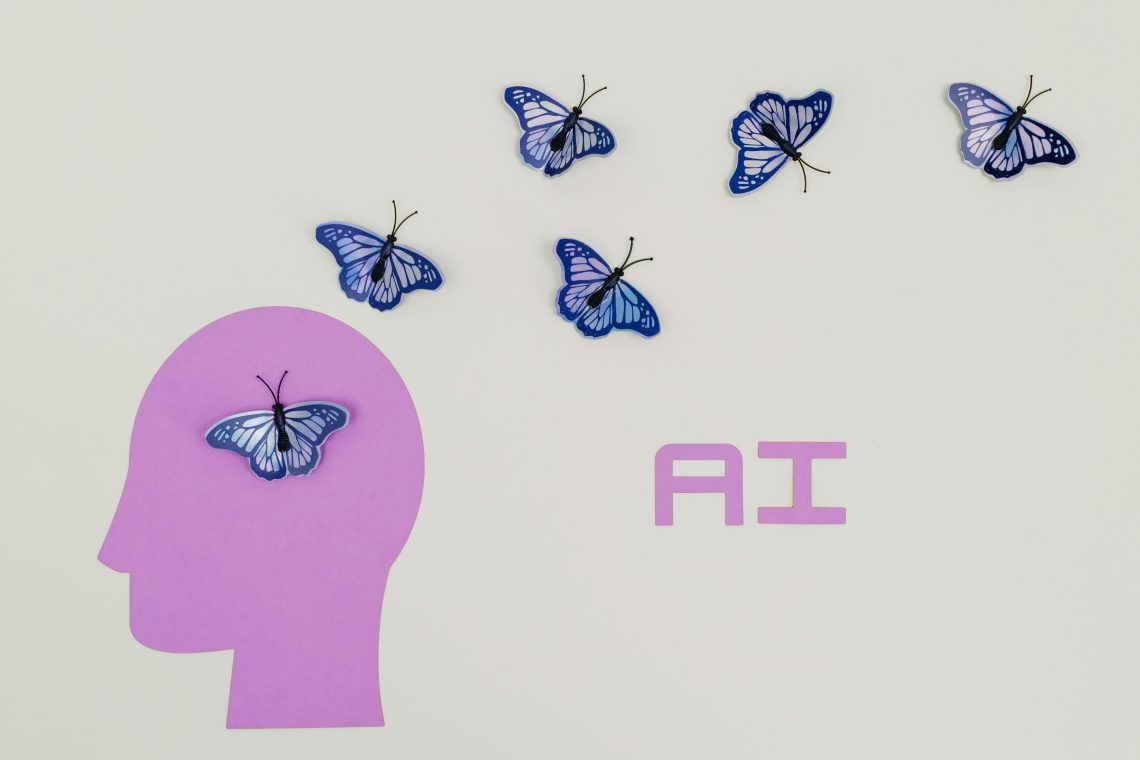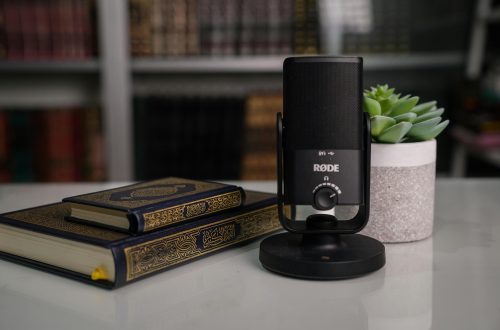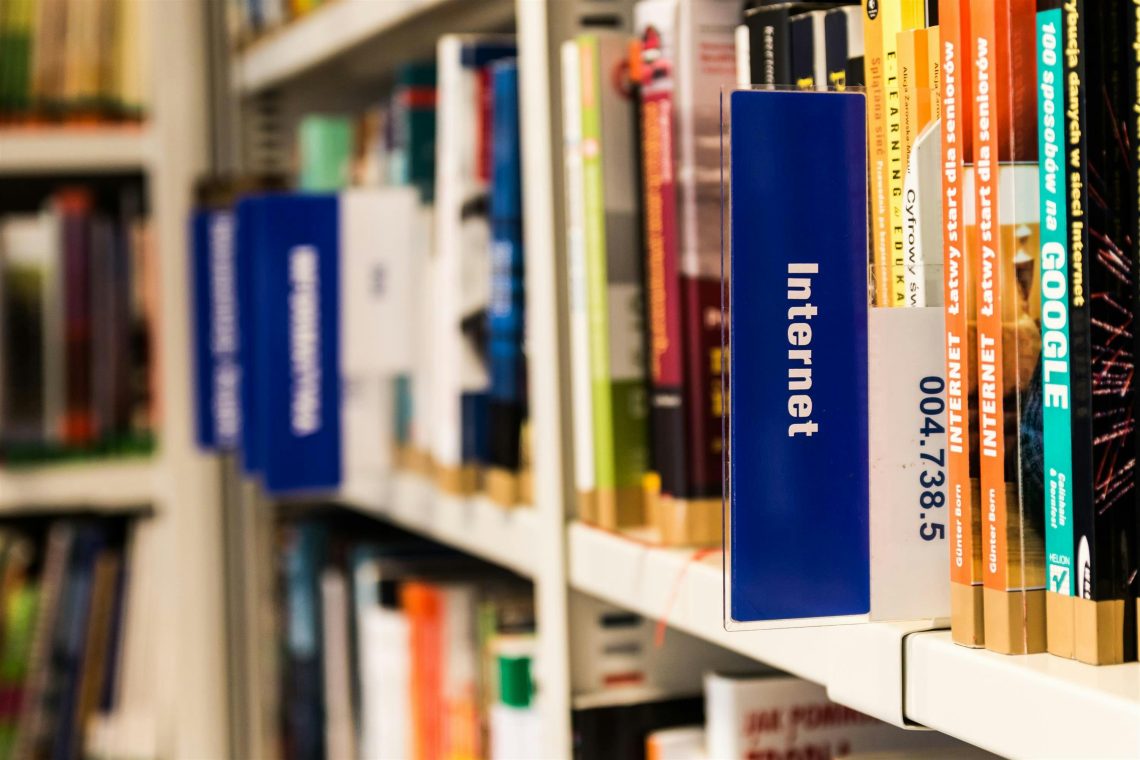Reflections
-
Books and Cooks at the Library: A Reflection
It’s incredible how much the definition of libraries has evolved. No longer subscribers to what Rachel Zukowski calls “that whole shushing thing” (Bookey, 2015), libraries are now, among many other things, classrooms. In our “Library as Classroom” lecture, Dr. Stephens describes how libraries are no longer limited to quiet study spaces (though those are still around!) and have bloomed into environments for learning through exploring, creating, playing, and peer-to-peer collaboration. One of my favorite ways this “Library as Classroom” spirit has manifested is in culinary literacy programs. “Eating and reading are two pleasures that combine admirably.” — C.S. Lewis Cooking nurtures literacy. A young mom recently raved to me about…
-
A Reflection on Libraries as Storytellers
“What is a person, if not the marks they leave behind?” ― V.E. Schwab, The Invisible Life of Addie LaRue This musing of Addie’s is a rather reductionist take on humanity, but it nonetheless contains truth: we do crave to leave some sort of legacy. This is by no means a recent development. I remember my undergrad professor instructing us on the concept of kleos in the Iliad, this Greek idea that one can attain immortality by performing deeds worthy of being told in stories. More than craving to leave a lasting impression, we also often yearn for deep connections with those living alongside us today. As Eberhart (2018) describes,…
-
Life and AI and Libraries: A Reflection
There’s no escaping artificial intelligence (AI). I don’t mean this in a scary, AI-holding-us-hostage sort of way, but more in an AI-is-proliferating-and-increasingly-common way. This is simply a fact of 2024 life. Another is that AI is affecting education. As such, it behooves us as librarians to understand these tools and use them to academic advantage (okay, so maybe this one’s an opinion). I think many people fear the deleterious effect AI may be having on young minds, and I don’t find that fear entirely unfounded. Unsurprisingly, we already have AI influencing toddler development via smart speakers like Alexa. This can be good and bad. As child psychologist Rachel Severson points…
-
Hyperlinked in Higher Education: A Reflection
Student engagement drives learning (Basgen & Testori, 2016). This comes as no surprise: many of us find it easier to research a topic that piques our interest. In fact, it’s so natural that the etymology of “study” involves estudiier, an Old French term that can be translated as “show zeal for” (which is amazing; Online Etymology Dictionary, 2023). An academic library that embraces the Hyperlinked Model cultivates engagement in creative ways, such as creating personalized learning environments or helping students approach research with curiosity, rather than stress and stagnancy (Basgen & Testori, 2016; Deitering & Gascho, 2017). Moreover, the hyperlinked academic library realizes that mental performance depends upon overall well-being;…
-
Hyperlinked Reflections: Technology and Community
Last week a woman entered my library, asked if we had maps, and said, “I have an appointment coming up and don’t even know how to get there!” I, of all people, understand not knowing how to get places; after all, I worked at my last job for nearly two years and still used a GPS to get there (don’t worry, my siblings still give me grief about it). Suffice it to say, this woman had my sympathy. When a coworker and I offered to print directions out or show them to her on a computer screen, however, she refused. Maybe she was unfamiliar with technology and was embarrassed or…

